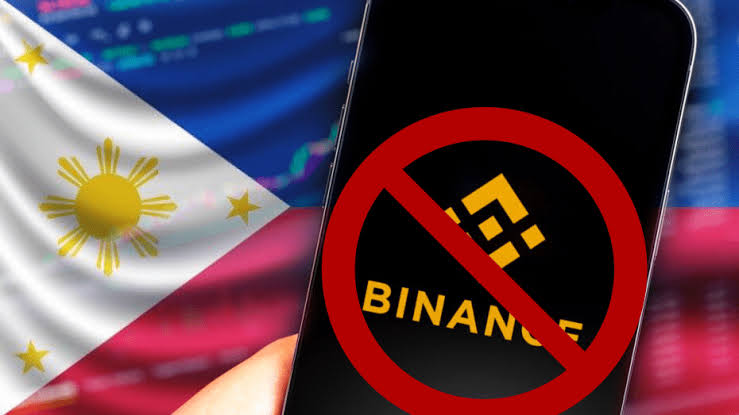An Argentine federal judge has frozen more than $120 million in assets belonging to three men accused of defrauding investors through a cryptocurrency project allegedly pitched as a way to ‘monetize’ President Javier Milei’s image, according to court documents that include leaked messages in which one defendant claimed to have financial influence over the president’s inner circle.
Judge Marcelo Giorgi ordered the indefinite asset freeze on American businessman Hayden Davis and two associates amid an investigation into what prosecutors describe as a complex laundering scheme that drained funds from retail investors through the LIBRA memecoin.
Judicial Clampdown Targets Key Figures in LIBRA Memecoin Scandal
In an official ruling, Judge Giorgi issued a “prohibition of innovation” on all properties and financial assets belonging to American businessman Hayden Davis, alongside Argentine national Orlando Mellino and Colombian operator Favio Rodriguez. The indefinite freeze comes amid mounting evidence that the trio’s crypto wallets displayed suspicious financial activity.
According to local media reports, the federal prosecutor Eduardo Taino sought the precautionary measure following a technical report from Argentina’s Secretariat for Financial Investigation and the General Directorate for Asset Recovery. The detailed report—signed by officials Maria Bergalli and Maria Chena—urged immediate legal proceedings to prevent further concealment of funds tied to the LIBRA memecoin scandal.
Judge Giorgi approved the prosecutor’s request, emphasizing the need to safeguard assets potentially derived from the LIBRA memecoin scandal. “There exists a credible risk that the accused might dispose of the assets before the case concludes,” Giorgi stated in his ruling, citing “the danger of delay” as a key factor.
Preliminary findings suggest the fraudulent operations drained between $100 million and $120 million from retail investors. The funds were allegedly laundered through a complex web of crypto-to-fiat transactions involving intermediaries such as Mellino and Rodriguez, both of whom acted as financial exit ramps for illicit proceeds.
Crypto Transfers Raise Red Flags
Investigators have zeroed in on suspicious transfers conducted by Hayden Davis. Notably, on January 30, just 42 minutes after President Milei tweeted a selfie with Davis—captioned to promote him as an “advisor on blockchain and AI”—the American entrepreneur transferred $507,500 via Bitget.
Federal analysts suspect these transactions could represent indirect bribes to public officials, intended to mask the real beneficiaries through crypto laundering layers. “The intermediaries operated as channels to blur the trail of fiduciary funds,” said a source close to the investigation, who requested anonymity due to the case’s sensitivity.
The LIBRA memecoin scandal has also taken on a political dimension, implicating high-profile figures close to President Milei. Court documents reveal that Mauricio Novelli, a known Argentine lobbyist, met with Milei months before the token’s launch to discuss a plan to “monetize the president’s image.”
Novelli reportedly proposed that the “libertarian leader’s image” could generate millions in revenue through crypto projects without breaching Argentina’s Public Ethics Law. However, Milei’s former legal counsel, Diego Spagnuolo, rejected the proposal, warning of a “clear conflict of interest.”
The LIBRA Memecoin Scandal and the Power Behind It
Leaked text messages between Davis and a financier have further inflamed public outrage. In one message, Davis boasted about his influence within Argentina’s political elite:
“I send money to his sister [Karina], and he signs what I say and does what I want. Crazy.”
— Hayden Davis, American Businessman (leaked text message)
These revelations have cast a long shadow over the administration’s credibility and intensified scrutiny on Milei’s alleged connections to the LIBRA memecoin scandal.
Hundreds of affected investors are demanding justice, accusing the LIBRA team of executing a “manual of scams” that blended celebrity endorsement, market manipulation, and coordinated rug pulls.
Crypto analyst Sofia Rodriguez told Buenos Aires Times, “The LIBRA memecoin scandal is a stark reminder of how hype-driven markets can turn into systemic fraud when mixed with political ambition.”
The National Securities Commission (CNV) has been instructed to notify all virtual asset service providers (VASPs) in Argentina to extend the asset freeze across every crypto platform connected to the case.











